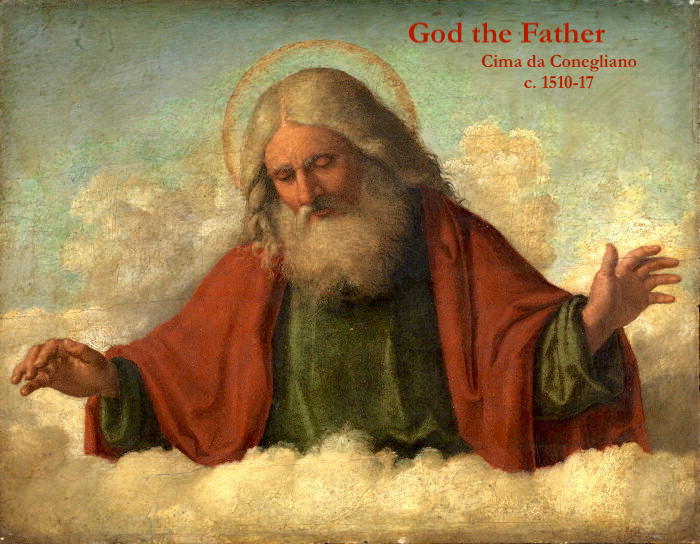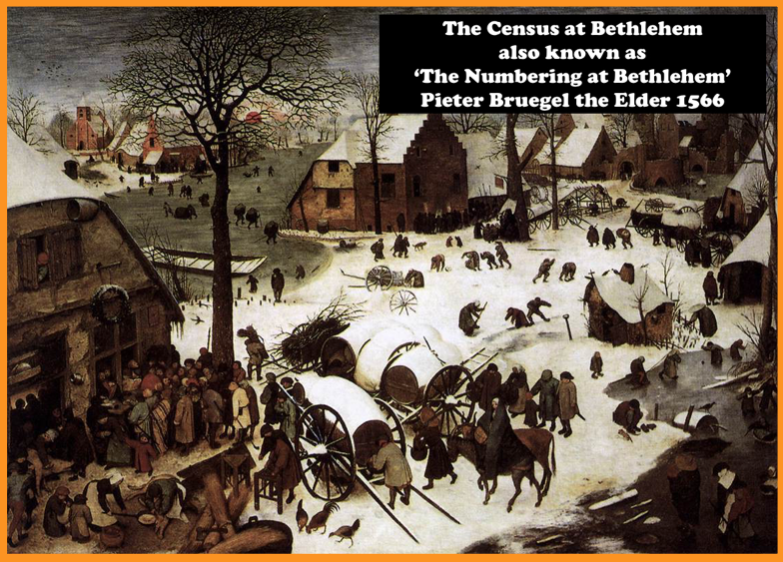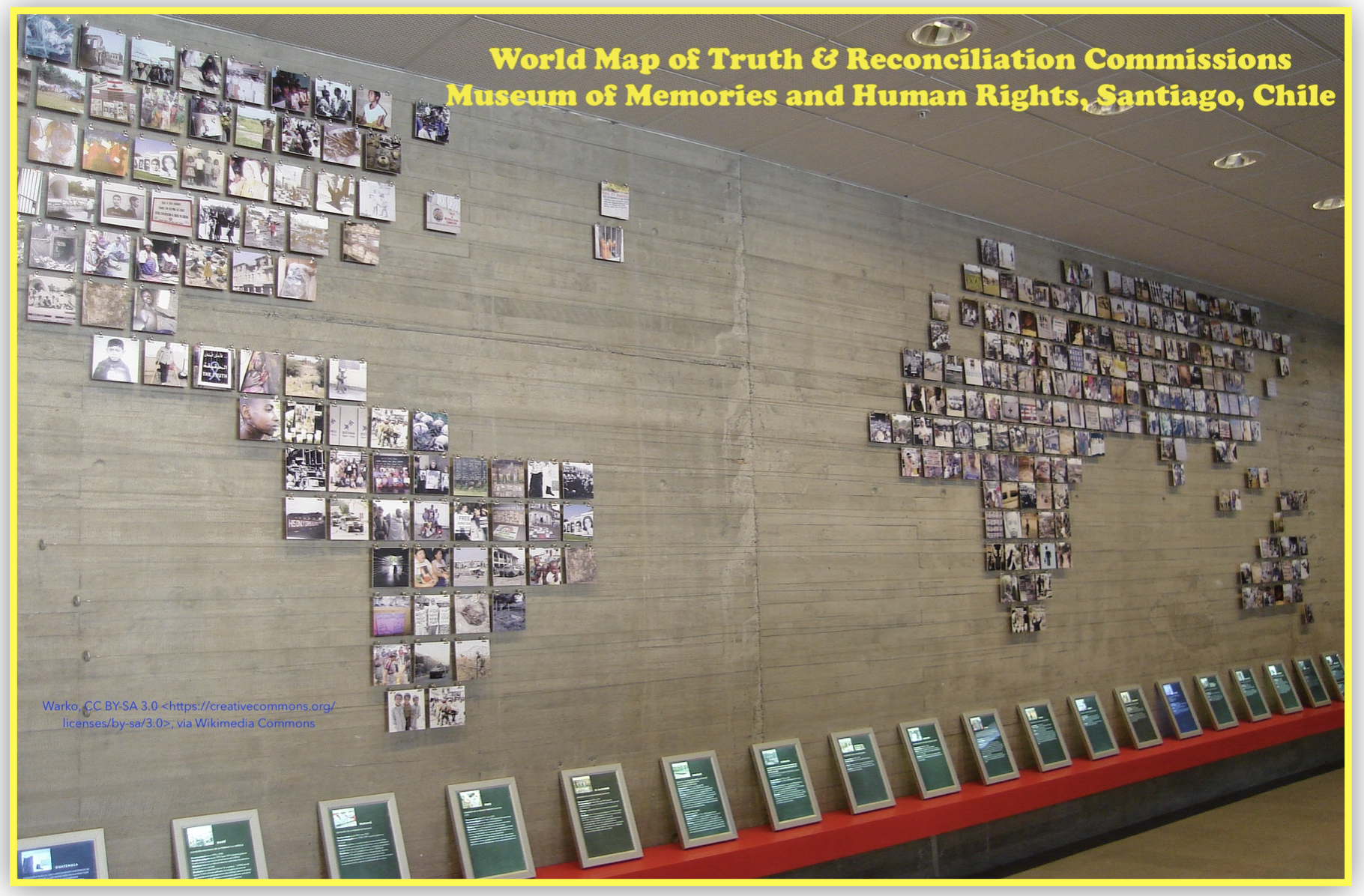Editorial: Are we our own worst enemy?
The Editor: the Rev'd Dr. Nicholas Henderson writes in his Lent editorial: So, a potentially ‘level-3’ threat asteroid is heading towards us at 38,000 mph with a 3.1% chance of hitting the earth. Increasingly, sophisticated astronomical observations are spotting more potential rock-like visitors coming from the region between the planets Mars and Jupiter and sometimes further afield still. Dystopian disaster movies and a better understanding of the ancient ages of the earth, on news of space debris coming our way, are always mindful of the epoch and evolutionary changing possibilities of another Dinosaur like extinction event. These usually resolve the crisis by sending a rocket to blow the culprit to smithereens (not wise) or much better to nudge a change in its trajectory. Interestingly, this latter scenario has been tried out successfully raising hopes for a safer future. Safer for what, we might reply? Very likely the rocket rescue concerned might come from a multi-billionaire with seemingly a huge amount of non-elected power. The same kind of power that could potentially turn off satellite navigation on a whim and plunge nations of the world into even more chaos. ... CLICK ON PICTURE TO CONTINUE








